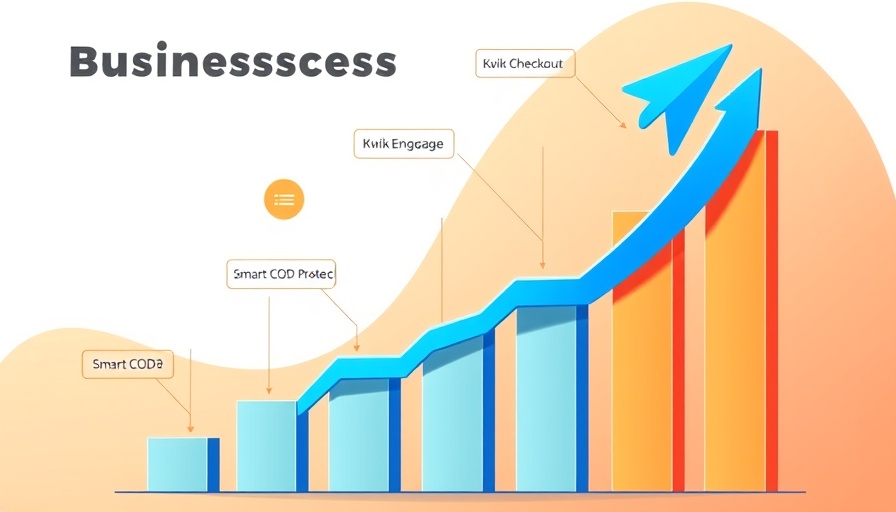
Sam Altman Responds to Iyo Lawsuit: A Closer Look
In an unexpected twist within the tech landscape, OpenAI’s CEO Sam Altman has publicly rebuffed a lawsuit from the startup Iyo. This legal challenge emerged after OpenAI announced its bold acquisition of Jony Ive's AI hardware startup, io. Altman dismissed the accusations of trademark infringement as "silly, disappointing, and wrong," setting the stage for an intriguing discussion about how competition and innovation are navigated in the nebulous waters of technology.
The Background: The Clash Over Names
The crux of the lawsuit revolves around the proximity of the names "io" and "Iyo". OpenAI, with its substantial resources, announced a $6.4 billion deal to bring Jony Ive on board by acquiring his innovative startup. Shortly thereafter, Iyo, led by CEO Jason Rugolo, filed a complaint citing unfair competition and trademark infringement. According to Rugolo, the deal jeopardizes Iyo's identity, effectively bulldozing their brand.
In response, Altman highlighted that Rugolo had allegedly sought an investment and acquisition from OpenAI, raising questions about the intentions behind the lawsuit. As he articulated on social media, there appear to be significant discussions that may not have reached the public eye. Balancing competition with collaboration can often lead to misunderstandings, and this case seems to exemplify that delicate dynamic.
The Significance of Trademark Disputes in Tech
Trademark disputes in the tech industry are not only about brand recognition but also signal deeper competitive tensions. The rapid pace of technological advancement often leads to overlapping markets and names, resulting in potential legal entanglements. Companies are highly protective of their trademarks, understanding that a name is not merely a symbol, but a valuable asset representing years of branding, customer loyalty, and innovation.
Rugolo’s argument hinges on the idea that consumers may confuse the two brands due to their similarities. However, as Altman summarized, there are likely numerous alternative names and terms available. The rights to a name—especially a two-letter one—are disproportionately powerful in the tech landscape, where brands are often tied intrinsically to their identities. This issue raises larger questions about how to approach branding and trademark protection in an increasingly crowded marketplace.
Potential Implications of the Lawsuit
If Iyo's lawsuit against OpenAI bears implications that go beyond this specific case, it might instigate a broader examination of how tech companies operate in adjacent spaces without infringing on established brands. Favorably, Altman's stance could signify a pushback against what some might view as opportunistic litigation, raising conversations about necessity versus leverage in instances of perceived restraint.
The temporary restraining order placed on OpenAI, which resulted in pulling down the blog post about the Jony Ive acquisition, underscores the importance of intellectual property in technology. As the industry increasingly converges around similar ideas and technologies, the risk of such injunctions might grow, calling for more nuanced legal frameworks.
What’s Next for OpenAI and Iyo?
The path ahead for both entities could set precedents in the tech world. For OpenAI, navigating this lawsuit could influence future ventures and their interactions with competing startups. In contrast, Iyo must assess its position, considering the risks of battling a consortium with vast resources.
For stakeholders in the tech industry, this case serves as a reminder of the intricate balances needed to innovate and thrive. Vigilance regarding branding, proactive communication, and an awareness of competitive landscapes seem to be essential strategies for anyone operating in the dynamic tech environment.
Conclusion: The Ripple Effects of Technology Lawsuits
In the world of technology, where creativity meets competition, the lawsuit between Iyo and OpenAI shines a light on the challenges of trademark management and brand identity. As Altman declares the suit as "silly," the underlying implications remain serious. In a time when tech innovation is at the forefront of global challenges, we must closely examine how legal disputes shape the future of technological advancement.
 Add Row
Add Row  Add
Add 




 Add Row
Add Row  Add
Add 
Write A Comment